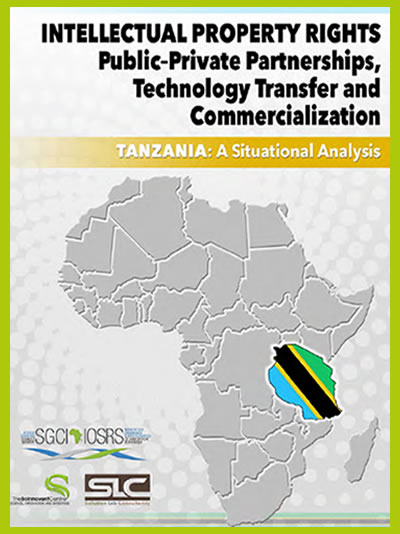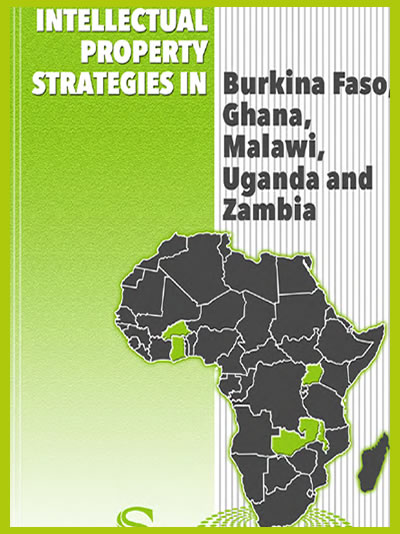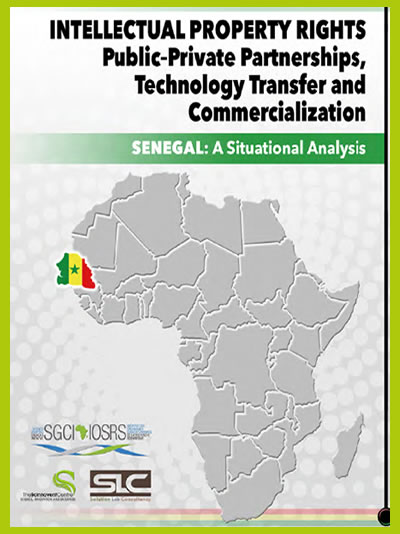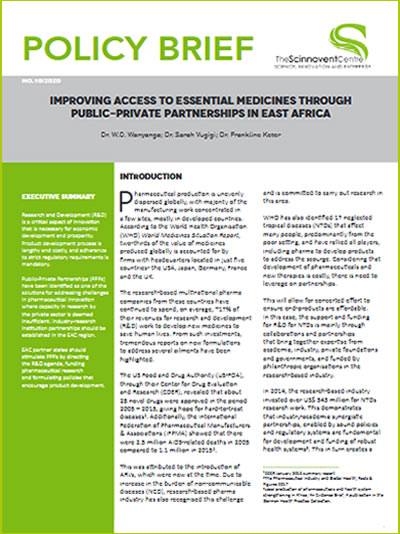Description
Innovation and economic development, particularly in emerging economies in Sub-Saharan Africa, are increasingly tied to the protection and promotion of intellectual property (IP) rights. As countries pursue sustainable development, Public-Private Partnerships (PPPs) have become a key mechanism for facilitating technology transfer, commercialization, and infrastructure development across multiple sectors.
This report analyzes the IP landscape across different jurisdictions, focusing on existing legal frameworks, the role of PPPs in advancing IP, and the impact of IP on critical sectors such as agriculture, health, and renewable energy. By examining these areas, the report provides insights into the challenges and opportunities within national ecosystems and offers recommendations to strengthen IP’s contribution to sustainable development.
Tanzania has a strong foundation for using IP to drive economic development and improve social outcomes. The comprehensive legal framework and the presence of various institutions are significant strengths. However, addressing the challenges related to enforcement, balancing IP protection with access, and fostering local innovation are crucial for maximizing the benefits of IP. The report effectively highlights these challenges and implicitly suggests relevant recommendations. Focusing on strengthening institutional capacity, promoting local R&D, and ensuring equitable access to technologies will be key to unlocking the full potential of IP in Tanzania.








Reviews
There are no reviews yet.